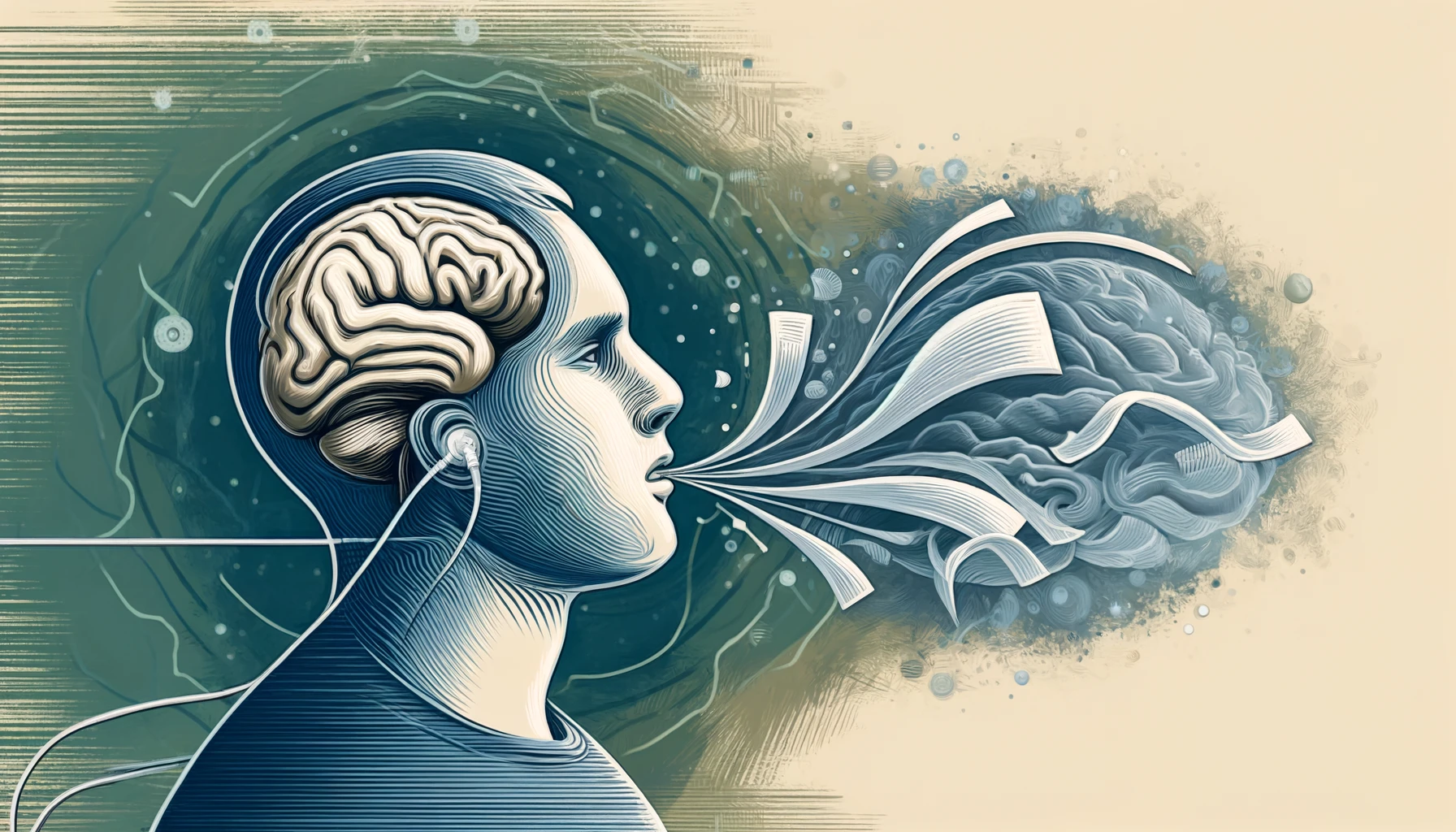
Stuttering, a speech disorder characterized by involuntary repetitions and blocks, affects millions globally. While previously thought to be psychological, a new study by an international team identifies a specific brain network potentially underlying stuttering, regardless of its cause. This discovery could lead to novel treatments of this speech disorder.
Understanding Stuttering as a Brain Disorder
Stuttering affects about 5–10% of young children, with roughly 1% continuing to stutter into adulthood. Speech therapy is a common approach to treating stuttering, but it doesn’t always work — and that can be damning for some.
Severe stuttering can profoundly impact an individual’s quality of life. Nearly 40% of children between 12 and 17 who stutter also have conditions like anxiety or depression. Adults who stutter are twice as likely to develop similar conditions and three times more likely to develop personality disorders. Stuttering can be worse when the person is feeling excited, stressed, or under pressure.
Historically, stuttering was viewed as a psychological issue. Recent research, however, has established it as a brain disorder related to speech production regulation.
Stuttering can also be acquired following neurological conditions such as Parkinson’s disease or stroke. Despite this, the precise neurobiological mechanisms have remained elusive. Previous brain imaging studies produced conflicting results, making it difficult to pinpoint the exact origins of stuttering within the brain.

The international team, including researchers from Finland, New Zealand, the United States, and Canada, employed a novel research design to address this challenge. They examined individuals who developed stuttering after strokes. Interestingly, the strokes, though in different brain regions, all impacted the same network.
This network, also observed in individuals with developmental stuttering, included the putamen (involved in motor control), amygdala (linked to emotions), and claustrum (a communication hub). The greater these changes, the more severe the stuttering, suggesting a common brain network underpinning both developmental and acquired stuttering. This was in contrast to strokes that did not result in stuttering.
Implications for Future Treatments
“These findings explain well-known features of stuttering, such as the motor difficulties in speech production and the significant variability in stuttering severity across emotional states. As major nuclei in the brain, the putamen regulates motor function and the amygdala regulates emotions. The claustrum, in turn, acts as a node for several brain networks and relays information between them,” explains Juho Joutsa, a Professor of Neurology from the University of Turku.
Understanding the specific brain network involved opens up possibilities for targeted medical treatments. For instance, one potential treatment could involve brain stimulation — essentially zapping the brain with electricity — tailored to the identified brain network. This could mark a significant advancement in managing and potentially alleviating stuttering, improving the lives of those affected by this challenging condition.
The findings appeared in the journal Brain.




